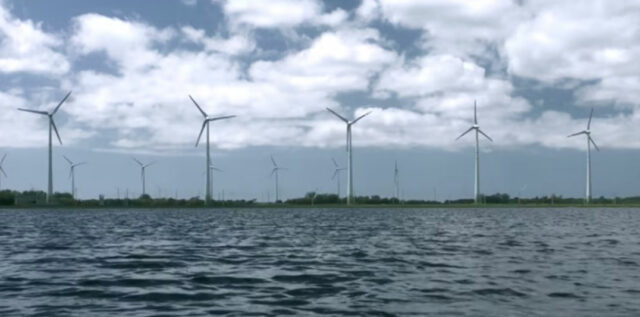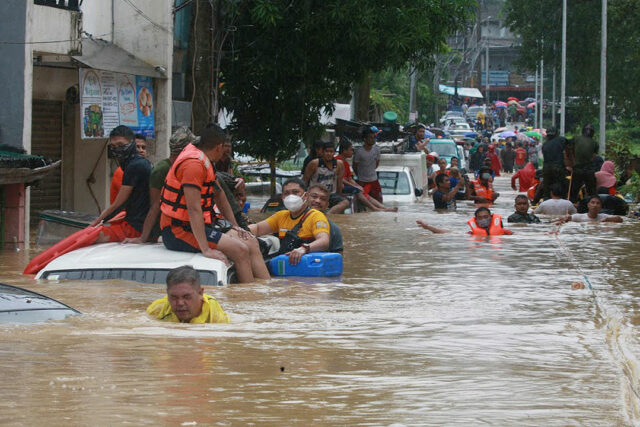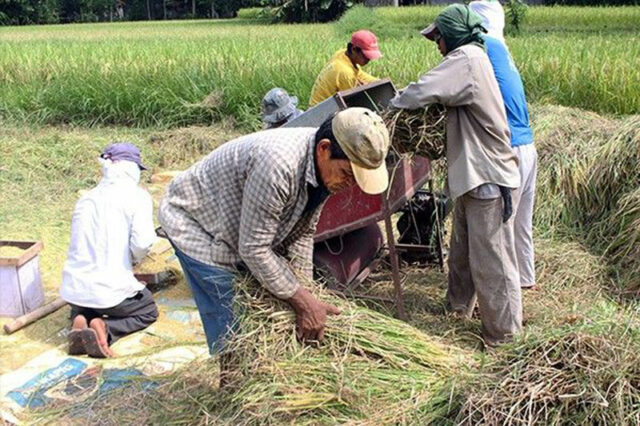The sphere of online transactions has grown exponentially in recent years, from shopping, food, essentials, entertainment, and other services — spanning almost every aspect of our lives. Without a doubt, online shopping has given us convenience by bringing the world “closer” to us. Inevitably though, there have also been horror stories such as fraud, scams, and other disputes arising from online purchasing. As the reach of e-commerce expands, the need to update our laws regulating it becomes a must.
The passage of “The Internet Transactions Act of 2023 or Republic Act 11967 (the Act”) which took effect last 20 December 2023 and its implementing rules which was signed 24 May 2024, aims to fill this gap and complements our existing laws such as the Law on Sales, E-commerce Act, Consumer Act of the Philippines (“Consumer Act”). The Act specifically covers business-to-business and business-to-consumer internet transactions where one of the parties (online consumers, online merchants/e-retailers, or operators of electronic marketplaces) is situated in the Philippines, and digital platforms, electronic retailers or online merchants for as long as they “avail of” or offer their products to the Philippine market, and have minimum contacts here.
An internet transaction or e-commerce is defined as the sale or lease of digital or non-digital goods and services over the internet. The Department of Trade and Industry (DTI) exercises regulatory jurisdiction over these internet transactions, to be supported by the E-commerce Bureau as created under the Act, and other government agencies granted jurisdiction by existing laws over specific claims or causes of action.
One of the most common issues encountered by online merchants are the so-called “joy buyers,” or those who cancel their orders after placing them. The Act prohibits online consumers from canceling an order that has already been paid, involves perishable goods, or is already in the possession of the delivery service provider, unless the consumer: uses electronic or digital payment services and authorized the crediting of the amount in favor of the seller despite cancellation (although in practice, most of the buyers will not do this unless payment has been authorized prior to cancellation and can no longer be reversed in the system), reimburses the delivery cost, pays a cancellation fee, or reaches an agreement with the e-retailer. Ideally, this would deter “joy buyers” as this practice unjustly costs online retailers their time, effort, and resources.
On the part of online consumers, defects are a common concern. Unlike brick-and-mortar stores where consumers are able to physically examine the item before buying, online purchasers only get to inspect the item upon delivery. The law recognizes the right of online consumers to pursue repair, replacement, refund or other remedies provided under the Consumer Act in case of defect, malfunction, loss without the online consumer’s fault, failure to comply with the warranty or any other liability of the online merchant arising from the contract.
In case of defect, remedies include refund, replacement, or remedy/repair of the product. Under the new law, if replacement or refund is elected, the defective product should be returned to the online merchant, without any cost to the online consumer, within a reasonable period from the online consumer’s receipt of the product, unless they agree otherwise.
If the payment is refunded, but for some reason the defective product can no longer be returned due to the fault of the online consumer, the amount refunded should be returned to the e-retailer subject to a proportionate reduction in the price, if appropriate.
In some cases, although not defective, the item turns out to be something entirely different from what is expected when delivered. For instance, the item is expected to be full-size but only a miniature version arrives. Under the Act, online merchants are required to indicate the price of the goods and services offered consistent with the “price tag requirement” under Section 81 of the Consumer Act. They must also ensure that the goods received by the online consumer are in the same condition, type, quantity, quality, and possess the functionality, compatibility, interoperability, and fitness for their intended purpose as described or posted, or as in the sample, picture or model shown by the e-retailer upon request of the e-consumer. In other words, the item ordered should be fit for the particular purpose by which reason the online consumer purchased it based on the e-retailer’s representations.
This obligation likewise extends to e-marketplace operators as the law requires them to ensure that online merchants provide the name and brand, price, description and condition of the products and services offered in the platform. Failure to comply subjects the e-marketplace operator to sanctions under the law.
Another unintended consequence of growing online transactions is the proliferation of fraud, scammers and “fly-by-night sellers.” Normally, the aggrieved party is unable to file claims or institute an action against the erring party due to lack of information on their true identity and location.
Prior to listing, the law requires e-marketplaces to ask online merchants (both local and foreign) to submit their names, at least one valid government ID for individuals, or business registration for juridical entities, their geographical location and contact details (a mobile or landline number, and a valid e-mail address), and necessary registration with a professional body or institution if professional services are offered. This information must be kept, and provided by the e-marketplace operator when so required by a competent authority in any investigation of alleged use of the e-marketplace or e-retailer to commit a crime, or a malicious, fraudulent or unlawful act, by an accused whose identity cannot be ascertained.
Moreover, the E-commerce Bureau is tasked with enforcing registration of digital platforms and online merchants. Within one year from effectivity of the Act, an Online Business Database (OBD) should also be created, which will serve as a repository of information on digital platforms, e-marketplace, e-retailers and online merchants, that the government and online consumers can access. Entering false or misleading information in the OBD is to be prosecuted accordingly. Also, the development of a Philippine Trustmark is to be encouraged by the DTI, which may be established and operated by an industry-led governance body. Further, the Secretary of Trade has the authority to issue a publicly accessible “blacklist” of websites, webpages, online applications and social media accounts, and other similar platforms that fail to comply with a compliance order, takedown order, or a cease-and-desist order by an appropriate government agency.
The strict enforcement of the above provisions should help ensure that only legitimate sellers are able to engage in online transactions, and the establishment of a system that will provide complete, accurate and updated information, specifically on the identity and location of online sellers, would facilitate recovery of claims when necessary.
Clearly, the convenience that online shopping offers can only be fully realized if mechanisms are in place to ensure security in online transactions. While the law and the rules play a vital role, achieving this end remains a shared responsibility through collective compliance by the parties to online transactions.
The views or opinions expressed in this article are solely those of the author and do not necessarily represent those of Isla Lipana & Co. The content is for general information purposes only, and should not be used as a substitute for specific advice.
Aimee Rose Dg. Dela Cruz is a director at the Tax department of Isla Lipana & Co., a Philippine member firm of the PwC network.
aimee.rose.d.dela.cruz@pwc.com












